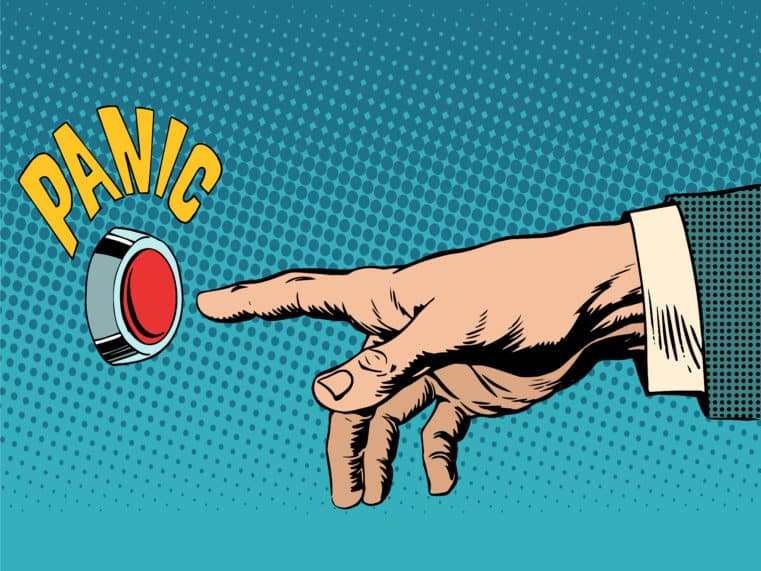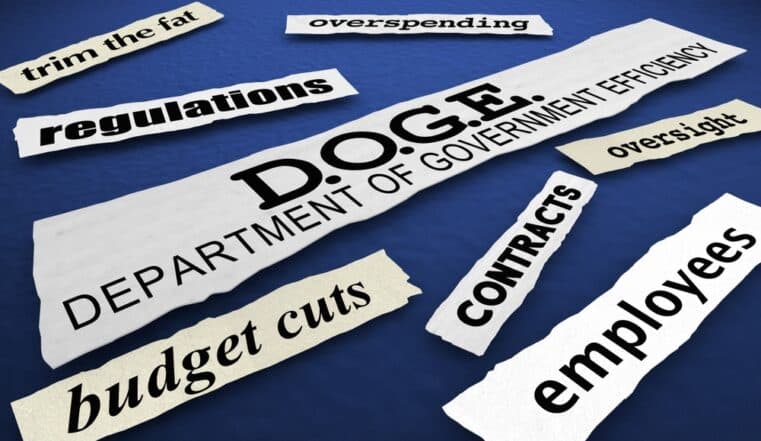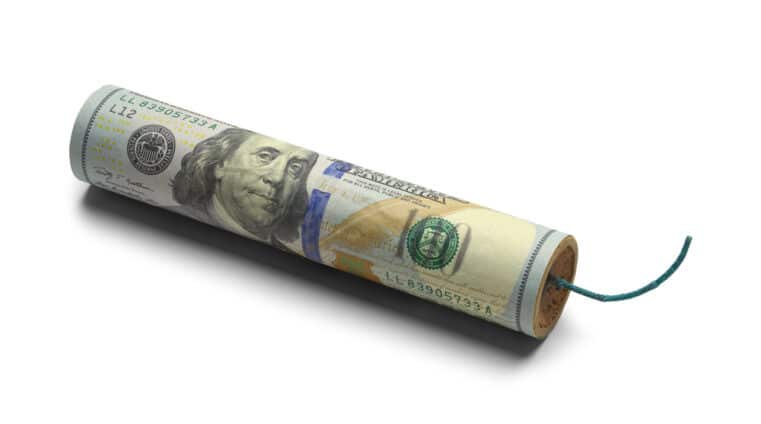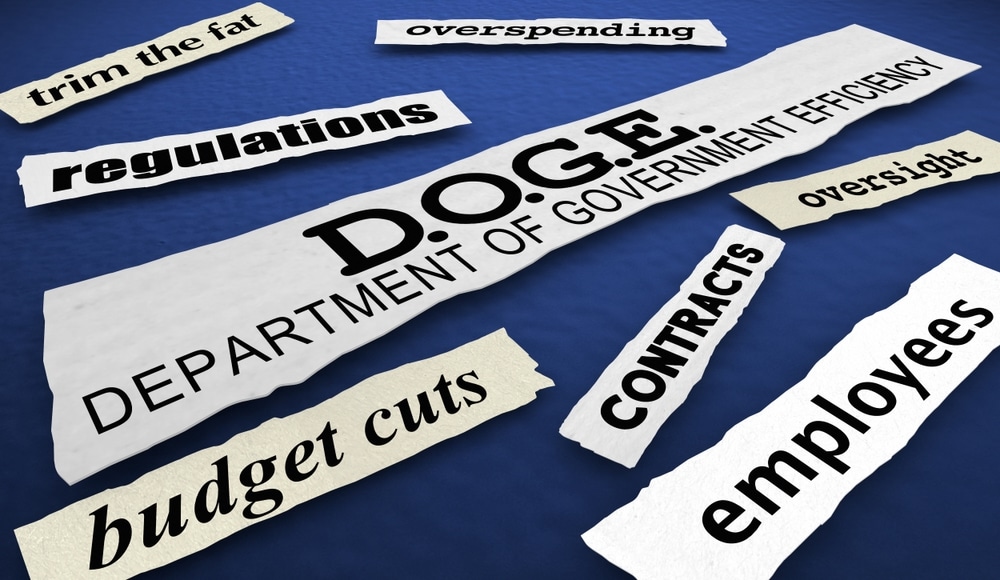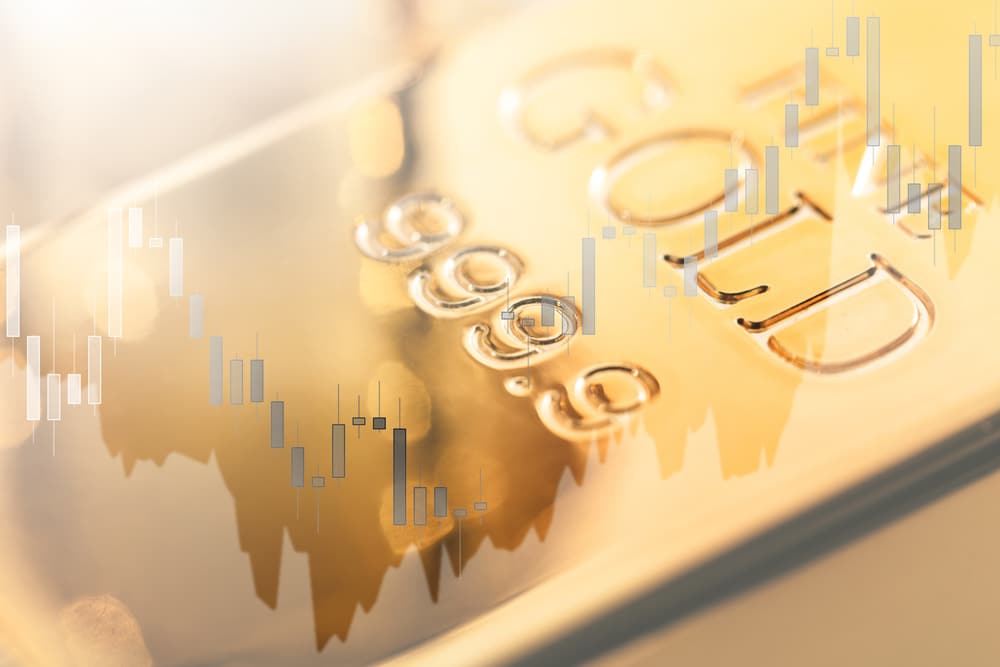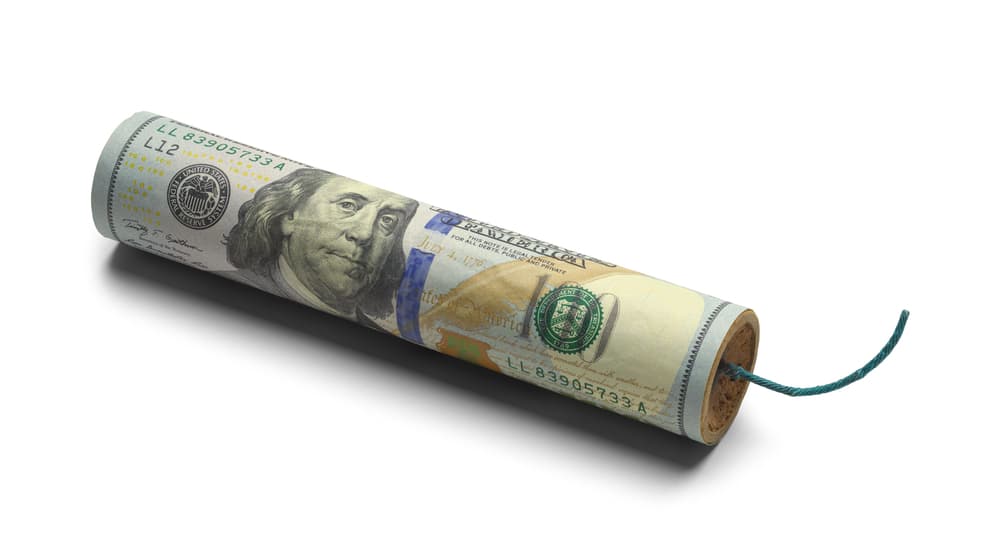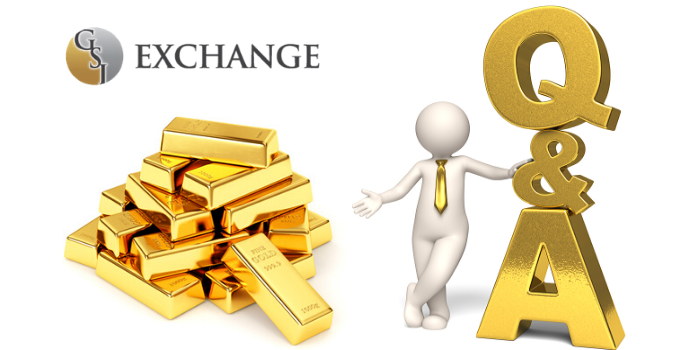
Common Questions About Converting Dollars into Gold and Silver
Gold and Silver continue to be the most reliable currency on the planet! Now more than ever, people need to rely on these precious metals to avoid a potential market crash, global dollar rejection, or bank failures.
As Senior Partner of GSI Exchange, I wanted to take the time to blog about a few of the frequently asked questions that I encounter on an almost daily basis.
QUESTION:
What should I do with my gold and silver coins?
ANSWER:
This may seem like a funny question as precious metals coins are investments just like stocks and bonds, but we can see why someone would ask. Gold and silver coins are aesthetic objects, and for that reason alone, they can make one feel as if something should be done with them other than stashing them away.
The truth is that you don’t have to do anything with your coins. In their seemingly static existence, they are actively working for you. They’re preserving your money’s purchasing power. Over time, they will rise in value. And because you’ve purchased limited strike coins--coins of a particular class and availability--their value will likely stand above their weight in gold or silver.
Of course, you can always sell them, trade them, use them in a transaction wherever they’re accepted, or have them melted down and sold for their metal value. But unless you absolutely need to do any of those things, why not just let them collect value and protect your wealth and financial privacy? They’re hard assets. Safe-havens. It’s more about what they can do for you rather than what you should do with them.
QUESTION:
Will gold rise or fall if the economy collapses?
ANSWER:
This is a smart question but a complicated one since the economy has many moving parts and lots of variable conditions. But let’s start with the most extreme situation. If the dollar collapses, what other currency of value might people have to preserve their wealth? Sure, we can look to currencies of other developed nations. But what form of money do most nations--meaning governments and central banks--look to that’s not dependent on other global currencies? You guessed it: gold.
In 2018, central banks accumulated more gold than they had in any of the years prior to 1971. They bought and repatriated gold to hedge against what they perceived as a slowing global economy. If gold isn’t money or something of value equal to money, why would central banks go on such a buying spree?
Gold is often described as “countercyclical” to the fiat-driven economy. Gold has zero correlation to the stock market, and sometimes it often has a negative correlation to the dollar as well as inflation (meaning it goes up when the other goes down). But when the financial system is undergoing a severely negative condition, gold is the ultimate store of value. Remember, gold once backed currencies, not the other way around.
QUESTION:
Is investing in gold mining stocks or gold ETFs the same as investing in gold?
ANSWER:
The answer to this two-part question is a resounding “no.” Take the first question. Investing in a gold miner is to invest in a business, not in gold itself. So, if the price of gold is rising, but a gold mining company is performing poorly, say, due to bad management, a lack of adequate mines, or an inability to produce gold in an efficient manner, then no matter how high the price of gold rises, your mining stock will fall.
To answer the second question, gold ETFs, even those backed by physical bullion, is not the same as physical gold. Imagine a scenario where you need the metal--say, during a financial crisis, an electronic infrastructure collapse, or any other situation that may require the physical metal. You can’t go to your broker or bank and convert your gold ETF to physical coins. You own “paper” gold, and its paper form is the closest you will get to owning the metal--meaning, you don’t really own any gold.
QUESTION:
Is it possible to hold physical gold and silver in my IRA?
ANSWER:
Yes, absolutely. It’s a simple process, but one with a few critical steps that might best be taken with a specialist. Contact one of our representatives for assistance at https://dedollarize.wpengine.com/precious-metals-ira/.
QUESTION:
Will I have to pay sales or capital gains taxes when I buy or sell my gold?
ANSWER:
Right now, physical gold coins and bars are taxed as “collectibles” on the federal level. There are a number of states which recognize gold as “sound money,” and currently there are a number of legislative efforts to recognize gold as “legal tender.” In these states, gold--recognized as money--is not subject to taxation.
GSI Exchange has a general database of state regulations on precious metals. You can contact one of our representatives to view this database, or better yet, consult with a tax professional to learn more about the taxable status of gold and silver in your state.
QUESTION:
Will my gold and silver purchases be reported to the government?
ANSWER:
The only reportable purchases are those in which precious metals bars are bought with over $10,000 in cash. Otherwise, no entity has any business finding out about or monitoring your gold and silver transactions. Maintaining financial privacy is one reason why many opt to invest in gold and silver.
Of course, if you do sell your gold or silver for profit in dollars (Federal Reserve notes), you have an obligation to report it as a capital gain.
QUESTION:
Why do gold bars and coins cost more than their spot weight in metal?
ANSWER:
The answer to this is pretty simple: minting costs and other costs of production. For coins, this also includes the design and rarity of the edition.
QUESTION:
Why are gold and silver prices quoted in troy ounces rather than just “ounces”?
ANSWER:
Troy ounces are specific to precious metals. It’s a customary unit of measure, and it has been that way for centuries. A troy ounce also weighs 10% more than a common ounce. A common ounce is equivalent to 28.3 grams. A troy ounce is equivalent to 31.1 grams.
QUESTION:
What’s the best way to store my physical bullion and coins?
ANSWER:
Always store it privately, whether at home in a safe or at a storage facility.
QUESTION:
Is it better to buy coins or bullion with CUSIP numbers.
ANSWER:
Our general answer to this is no. But it depends on you. If you want the government and banks to know how much gold and silver you own, allowing them to monitor your assets, then yes. But isn’t the whole point of purchasing gold and silver to establish financial privacy? A government gold seizure hadn’t taken place since the early 20th century. Will it happen again? The possibility seems quite remote (perhaps even absurd to some). But if it did happen, you wouldn’t want to be holding on to CUSIP-designated coins or bars.
QUESTION:
I know that gold is a form of money, but can we say the same of silver?
ANSWER:
If you read the US Constitution, Article I, Section 10, you’ll come across a passage that reads: “No State shall..coin Money; emit Bills of Credit; make any Thing but gold and silver Coin a Tender in Payment of Debts.” So, yes, silver has been and is still considered money.
Furthermore, the Coinage Act of 1792 specified how much of a dollar is to be backed by silver--371.25 grains. In this case, technically, silver is recognized as foundational to the dollar’s functioning.




